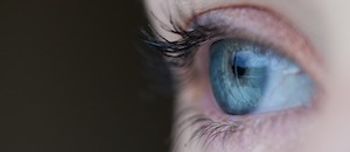
Vector-based gene therapy shows efficacy treating glaucoma.

Vector-based gene therapy shows efficacy treating glaucoma.
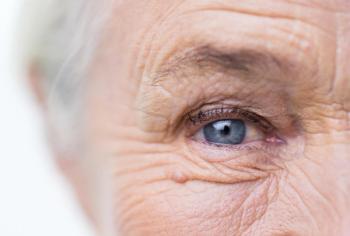
Daily eye drops may increase medication nonadherence in patients with glaucoma.
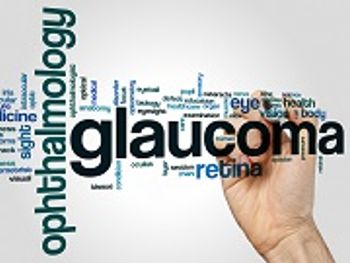
Stem cell exosomes observed to protect retinal cells in a recent study.
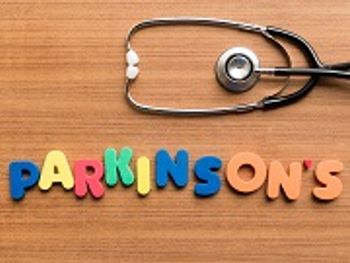
Observing retinal changes and treating patients with an anti-diabetic drug could protect against Parkinson’s disease progression.

Patients who received their prescriptions by mail were the least likely to be adherent.

Seventeen states with medical marijuana laws saved Medicare Part D approximately $165.2 million in 2013.

Medicated ring shows better adherence rate and decreased eye pressure in patients with glaucoma or ocular hypertension.

Slow-binding inhibitors of cholinesterases could produce treatments for Alzheimer's disease, myasthenia, and neuroprotection.

Metformin use is associated with a reduced risk of glaucoma development among diabetics.

Glaucoma patients typically have ever-changing drug therapy regimens involving multiple eye drop products.

The FDA is reviewing a novel treatment for patients with open angle glaucoma or ocular hypertension.

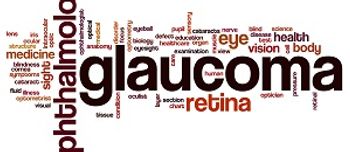
Early detection and treatment are key to protecting eyesight.

Early detection and treatment are key to protecting eyesight.

This continuing education activity is supported by an unrestricted educational grant from Alcon, Inc.

Switching patients with glaucoma to generic medications can improve their adherence to ophthalmic drug therapies, according to researchers from the University of Michigan Kellogg Eye Center and College of Pharmacy.

Latanoprost eye drops may significantly reduce the risk of vision loss in patients with glaucoma.
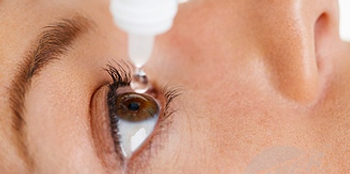
Latanoprostene bunod (Vesneo) demonstrated noninferiority to timolol maleate (Timoptic 5%) in pivotal Phase 3 studies.
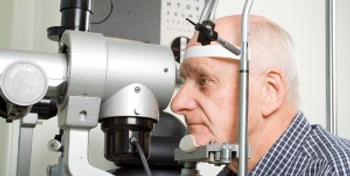
Selenium and vitamin E supplementation will not prevent cataracts in men, a new study suggests.


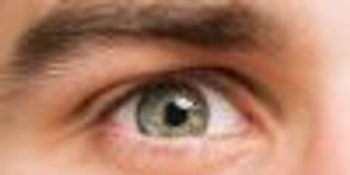
Comprehensive ophthalmologists underestimated the likelihood that optic discs had signs of glaucoma almost one-fourth of the time compared with judgments by glaucoma specialists, according to the results of a new study.

Although clinical trials have indicated that intraocular pressure-lowering medications are effective in patients with open-angle glaucoma, new research suggests that the medications may not be as effective in real-world settings.

A lack of warning signs can delay detection and treatment of glaucoma.

Insomnia is one of the most prevalent patient complaints, ranking third after headaches and the common cold.